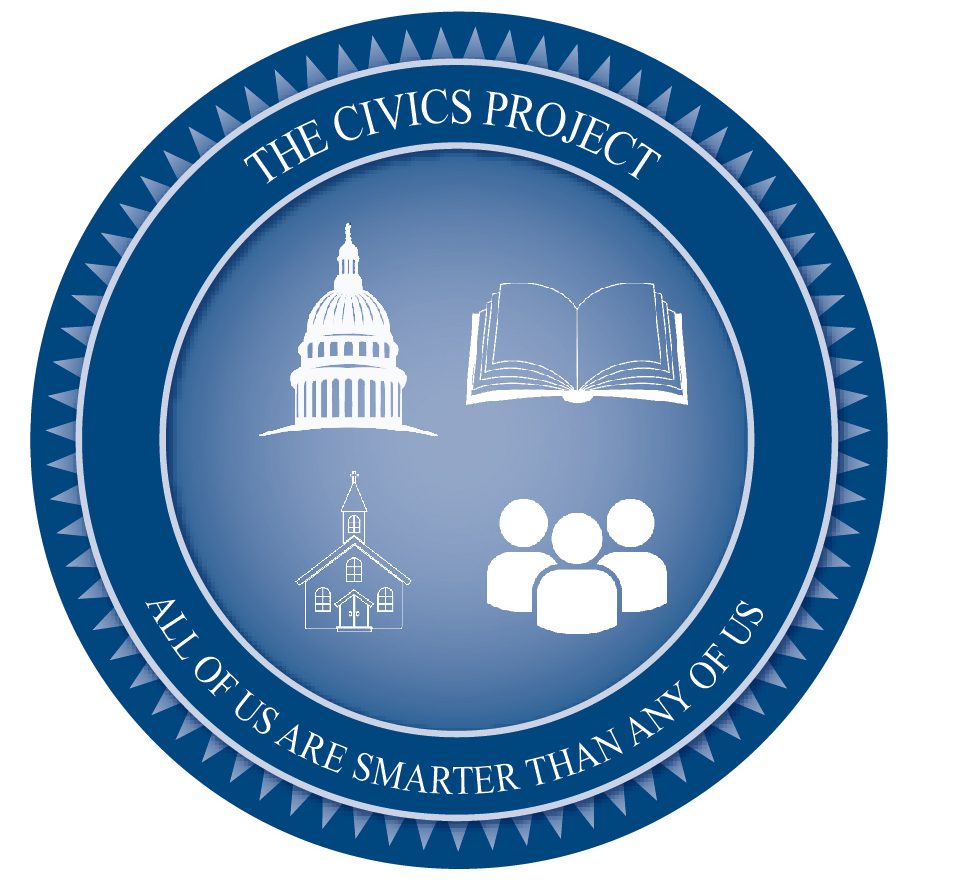Civics is often bent to the will of the user. Like the constitution, like the Bible, like justice and the law, civics is applied by those that practice it. It’s a user guide more than stone tablets. We don’t all see the same thing, hear the same thing, dream of the same end result. This is why we’re studying one place – Niagara Falls – to see how civics works in practice.
It’s important to know what the people in this place – Niagara Falls – think about their particular brand of civics. And remember, we’re in the process of conducting a 360 analysis of what people feel about their city. Sometimes the answers are direct and painful to hear. Brian Archie, Sr. astutely pointed out that in this internet age neighbors are feeling more separated from each other than at any other time. More solitary, lonely, and unaware of each other’s needs. Now, more than ever, talk between and among everyone is needed.
Remember regionalism? It was debated as a tax-savings solution for a while, then faded. One of the local radio callers emailed me and he sees things differently. He doesn’t think regionalism faded, he thinks it succeeded beyond anyone’s wildest dreams, but not in a positive way. “We already have regionalism. Right now, with the state funding municipal budgets at greater and greater percentages, and announcing more and more giveaways, they’ve enforced regionalism. The state now controls everything. Local officials don’t stand up to the governor because the governor controls all the money. And if you think that’s a good thing …”
When I tell you that’s the voice of Steve Baum you’ll instantly hear his NYC accent and his tough-as-nails retired cop persona from his calls to the local radio station. We know the names of the hosts of these shows, but we know the voices of the callers just as much, and Steve is one of the more colorful ones. Nobody would call him shy. Nobody would call him uninformed either.
“Any human being who doesn’t question their city management or what they see as imperfection puzzles me. We deserve the best, why not strive for it. I question extensively things in Niagara Falls and I don’t see them getting better. I question because I care. I’m not a cheerleader.”
Remember the 360 process. We ask questions and we don’t want politically correct responses. We want unvarnished truth and opinions. So that may sound strong, but we have to take it. Mr. Baum might not label what he does civics, but that’s exactly what he’s doing when he calls the shows. He’s passionate about his city and it’s status. He gets a seat at the table. So what does Steve think about local officials?
“I prefer to call them elected employees. There’s one caller to the shows named Kathy. She’s the one that coined the term elected employees. That’s what needs to be used from now on. The minute you call them a politician or an official it goes to their head and they tend to think the minute they’re in office they’re bullet proof and you can’t touch them and they can do whatever they want, that they don’t work for you. It’s like a waiter coming over to your table and saying to you listen, I’m going to tell you what you want and you’re not going to give me a hard time because if you do you’ll get nothing. That’s what they’re like. You go to them to curry favors? Curry favors from somebody you put in office? Excuse me?”
As we know, he’s not shy. Despite a hugely successful state park, casino, airport and power plant, Niagara Falls is viewed as a poor city. So I asked him about money – revenue, state park revenue, casino revenue. He had the same opinion on all of it. “In the past 20 years the city has taken in $200 million in casino revenue. Can you take me downtown and show me anything that looks like $200 million dollars? They could give us the state park revenue, the full casino revenue, the airport and the power plant. I’m not sure we’d see a city any different than the one we see today. The elected employees might vote themselves larger stipends or new cars or better office furniture. So it’s not quantity – it’s management and priorities.”
Does he view that as a form of corruption?
“Yes. It’s not serving the public at all. It’s serving yourself. It’s self serving.”
Does he think Niagara Falls is different from anywhere else?
“It’s different. If you look around – look at North Tonawanda. North Tonawanda is a postage stamp compared to our city. But look at the growth going on there. People are beating each other over the head to get another store on Webster street. They’re going crazy. Why? What are they offering that Niagara Falls isn’t? They’re offering a business friendly environment, they’re offering clean streets. Look at the money from the casino. How come our city pays all the police and fire to take care of the casino and we’re giving some of that money away to the county? Why are we giving any of the casino money to anybody? And especially why are we giving any of it to the state?
The civics takeaway: you – everyone – have a seat at the table. When you lose that seat, or give it away through inaction such as not voting or speaking out, then there are consequences. We can only find threads of common interests and knit them together if we’re talking. All of us are smarter than any of us – especially when we take an interest in and speak out about the management of the community.
